All-on-4 Dental implants have been steadily growing in popularity in recent years, with more people than ever choosing them as an alternative to traditional tooth replacement methods like dentures or bridges. But what are these implants, exactly? Simply put, artificial roots that are surgically placed into the jawbone to support replacement teeth over 4 implants. They can be used to anchor either natural or artificial teeth. Keep reading to learn more about it.
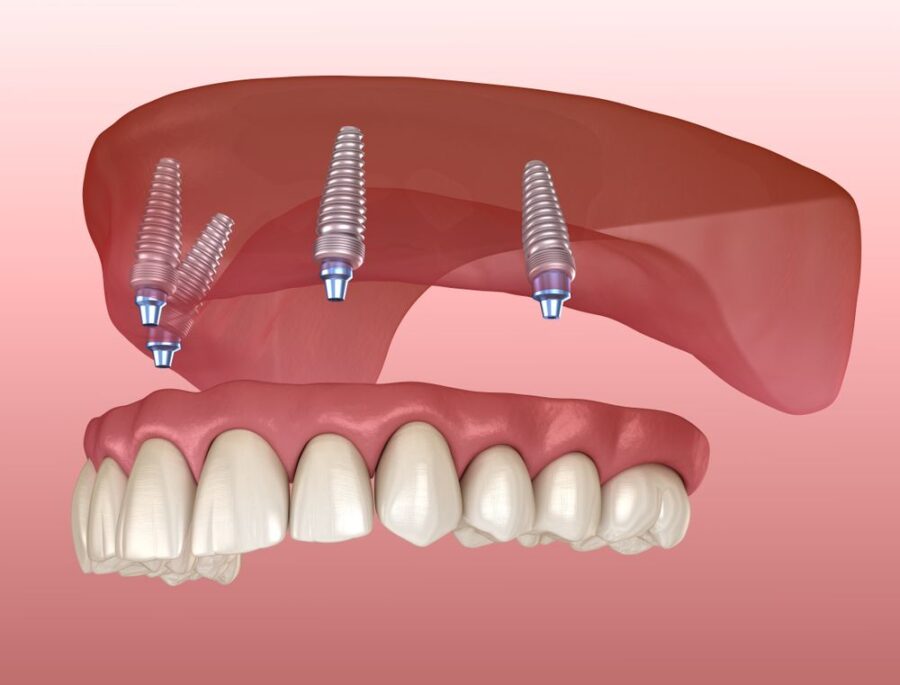
What is All-on-4 Dental Implant?
An all-on-4 dental implant is a type of dental prosthetic that is used to anchor a new set of teeth. It is a minimally invasive procedure that offers patients a more durable, long-term solution than dentures or bridges. All-on-4 implants are specially placed in the upper or lower jaw, or both, to support new teeth. They are often used to replace a full set of teeth, or to supplement a partial set of natural teeth. Dental implants are artificial roots made of titanium that are surgically placed into the jawbone to support replacement teeth. They can be used to anchor either natural or artificial teeth. The main difference between dental implants and other types of tooth replacement is that they are fixed to bone, which eliminates the need for rigorous cleaning and maintenance.
Dental Implants differ from other prosthetics
Tooth replacement options like dentures and bridges are often less costly than dental implants. They also have less of a long-term impact on your health and quality of life. But they do come with higher upfront costs, lower durability over time, and increased levels of maintenance. Implants are often a better remedy for long-term tooth loss because they’re fixed to the jawbone. This gives them a firmer, more natural fit and feeling than other types of tooth replacement.
All-on-4 Dental implants are a more involved surgical procedure than other types of tooth replacement, but they have a lower maintenance cost over time. And unlike dentures, implants have no removable parts that must be cleaned on a daily basis.

Where are All-on-4 implants installed?
All-on-4 is a revolutionary approach to solving the problem of multiple missing teeth and reconstructing the mouth of a patient to restore full function. A dentist will decide where to place implants based on the amount of remaining bone in your jaw, the health of that bone, and the amount of space you have between existing teeth. Implants are usually placed in the upper jaw, below the gum line, because it has more available bone than the lower jaw.
The dentist will use x-rays to track the progress of the installation process, so that they can be placed in the best possible position. Generally speaking, the less bone you have in your jaw, the more challenging it will be to install dental implants. People who have missing teeth due to tooth decay, gum disease, or injury will benefit most from dental implants.
Benefits of All-on-4 Implants
While dental implants are used for a number of tooth replacement purposes, all-on-4 implants are a specific type. The all-on-4 dental implant is a minimally invasive procedure that offers patients a more durable, long-term solution than dentures or bridges. All-on-4 implants are specially placed in the upper or lower jaw, or both, to support new teeth. They are often used to replace a full set of teeth, or to supplement a partial set of natural teeth. The benefits of all-on-4 dental implant dentures include:
A more durable and long-term solution compared to other forms of tooth replacement
A more natural fit and feeling than other types of tooth replacement
Fewer maintenance requirements than other forms of tooth replacement
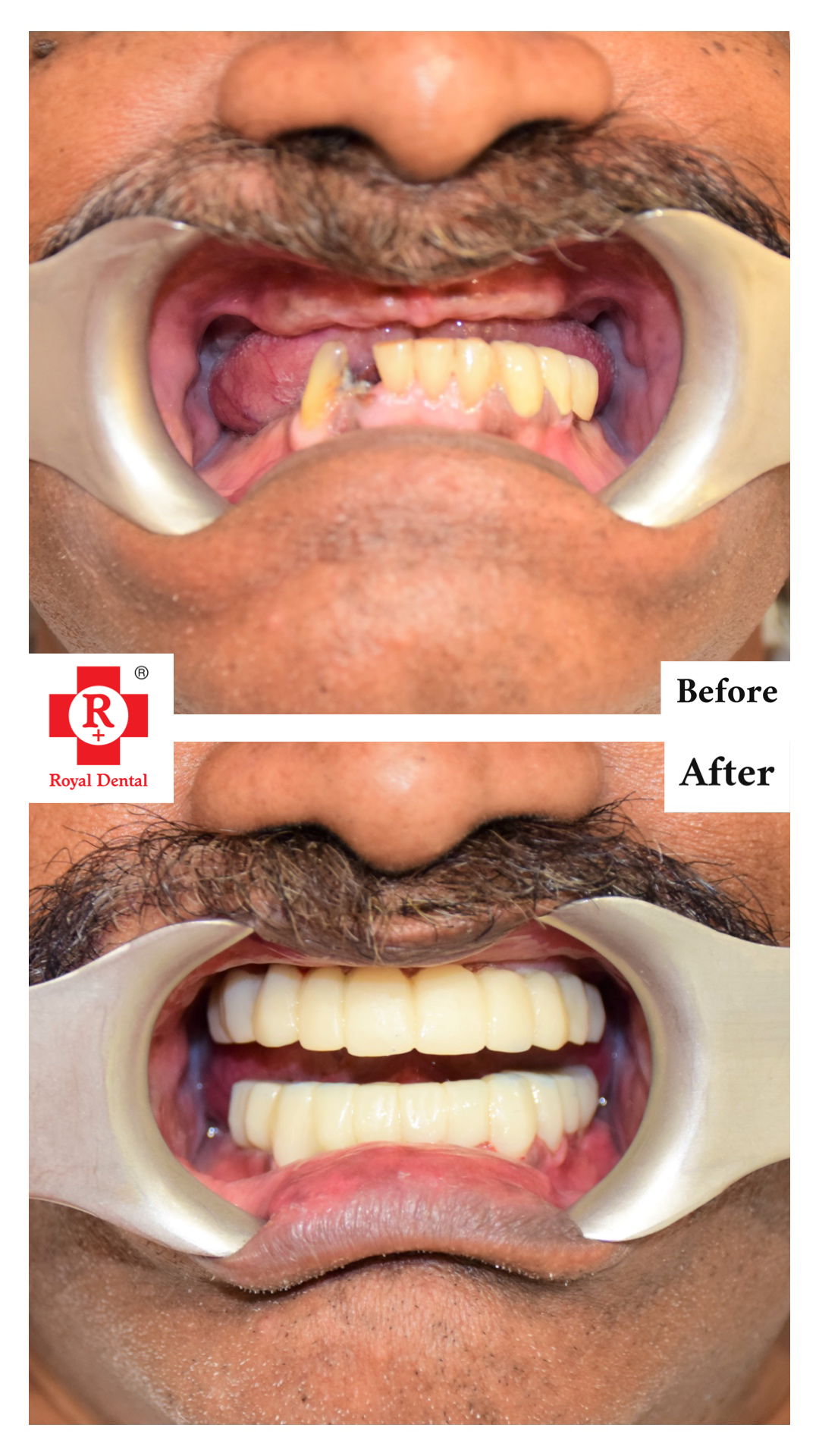
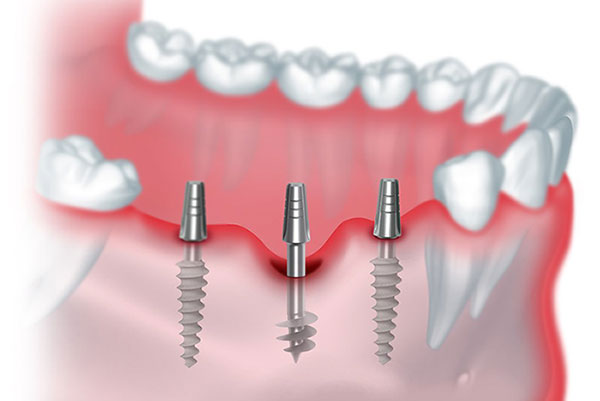
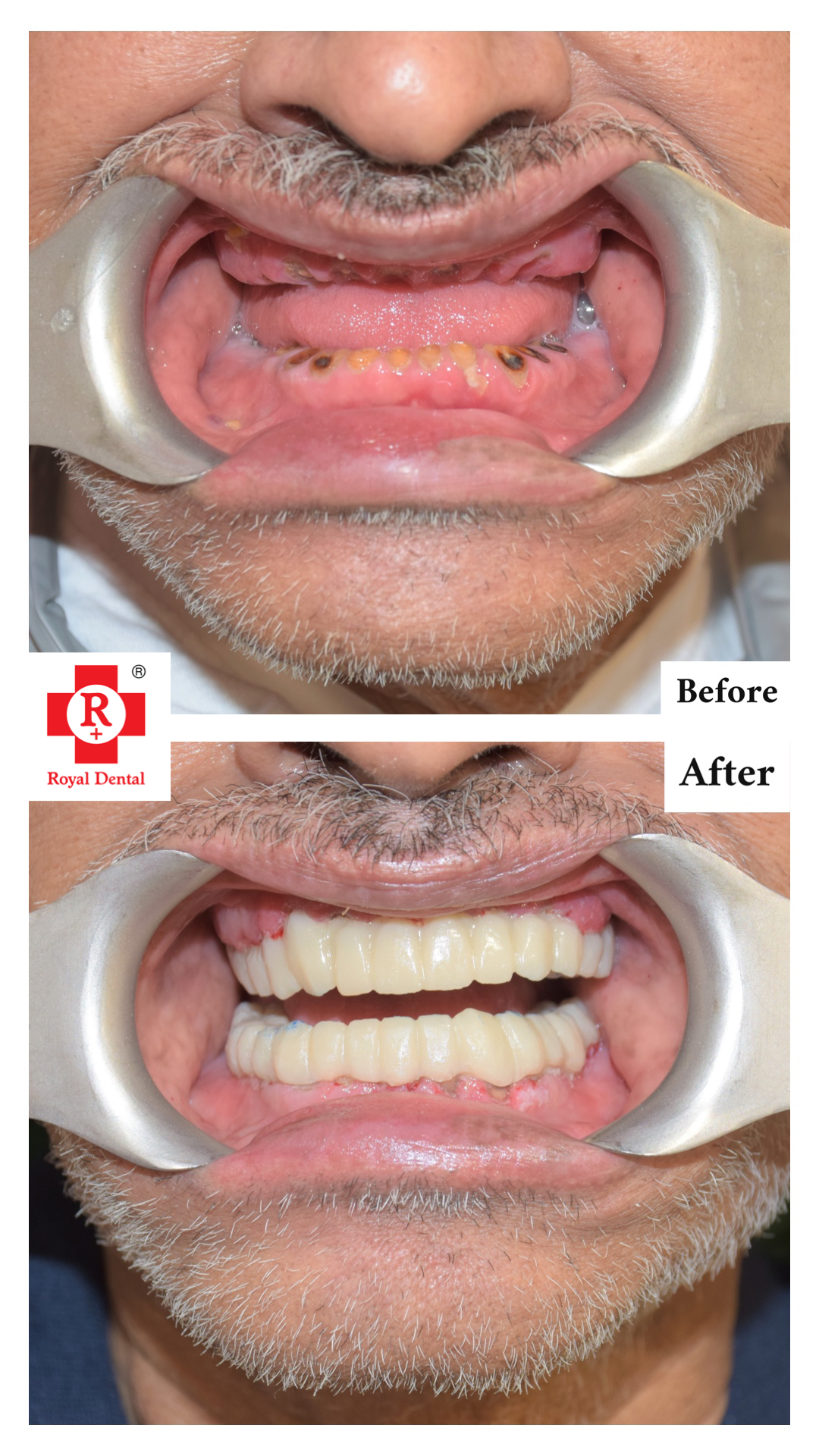
Downsides of All-on-4 Implant Dentures
All-on-4 dental implants are a more involved surgical procedure than other types of tooth replacement. The procedure takes at least one or two visits to a dentist, followed by a healing process of several months. Implants also require a significant investment in terms of cost, especially for people with fewer remaining teeth. Because dental implants are a fixed solution, patients must consider the long-term impact that this type of denture will have on their finances. The drawbacks of all-on-4 dental implant dentures include:
A more involved surgical procedure than other types of tooth replacement
A higher upfront cost, compared to other types of tooth replacement
A longer healing process, compared to other types of tooth replacement
A higher long-term cost, compared to other types of tooth replacement
A less removable solution, compared to other types of tooth replacement
How Much Do All-on-4 Dental Implants Cost?
The cost of dental implants varies greatly based on the type of implant, the number of teeth being implanted, and the expertise and equipment of the dentist performing the procedure. All-on-4 dental implants are a more involved procedure and are therefore more costly than single-tooth or partial dental implants. In general, the more teeth being replaced, the greater the expense will be. The cost of dental implants can range from $5,000 to $25,000 per mouth, depending on a number of factors including the type and number of implants, the materials used, the dentist’s fees, and any applicable dental insurance coverage.
Conclusion
All-on-4 implants are a more involved surgical procedure than other types of tooth replacement. They are a more durable and long-term solution than other forms of tooth replacement. All-on-4 implants are specially placed in the upper or lower jaw, or both, to support new teeth. They are often used to replace a full set of teeth, or to supplement a partial set of natural teeth. All-on-4 implants come with a higher upfront cost, compared to other types of tooth replacement. They also have a longer healing process and a higher long-term cost.
Follow Us For More Updates
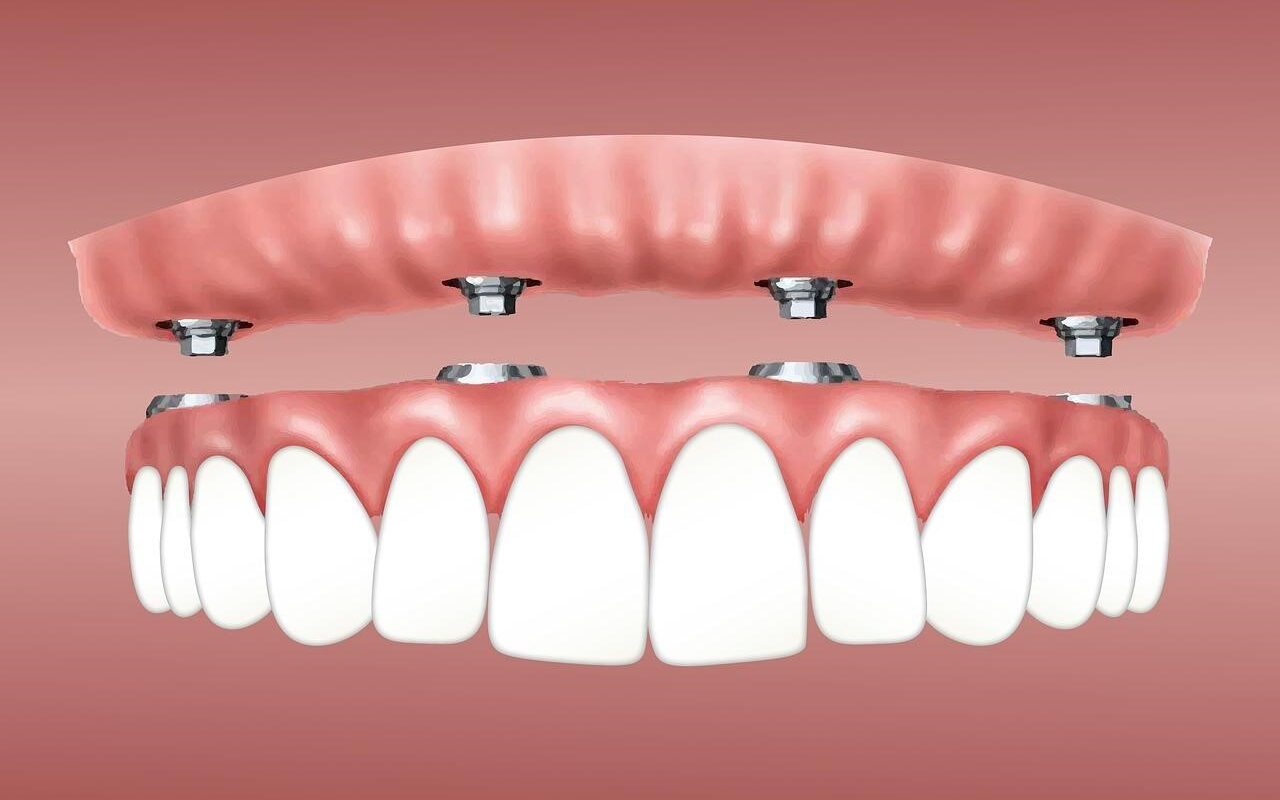
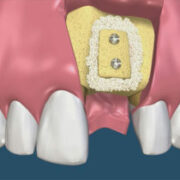




very nice royal dental clinic